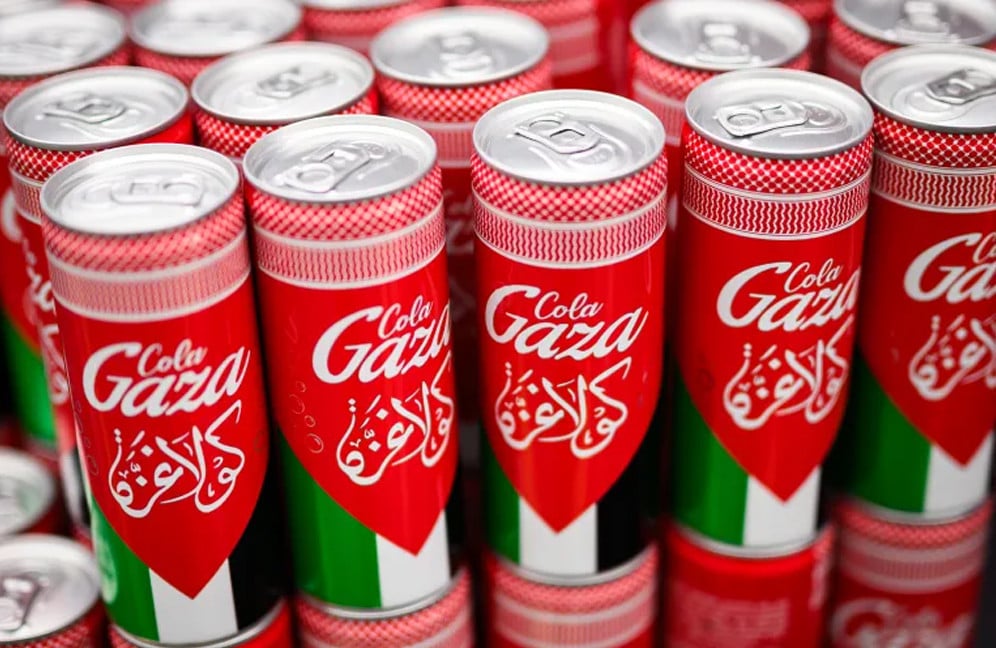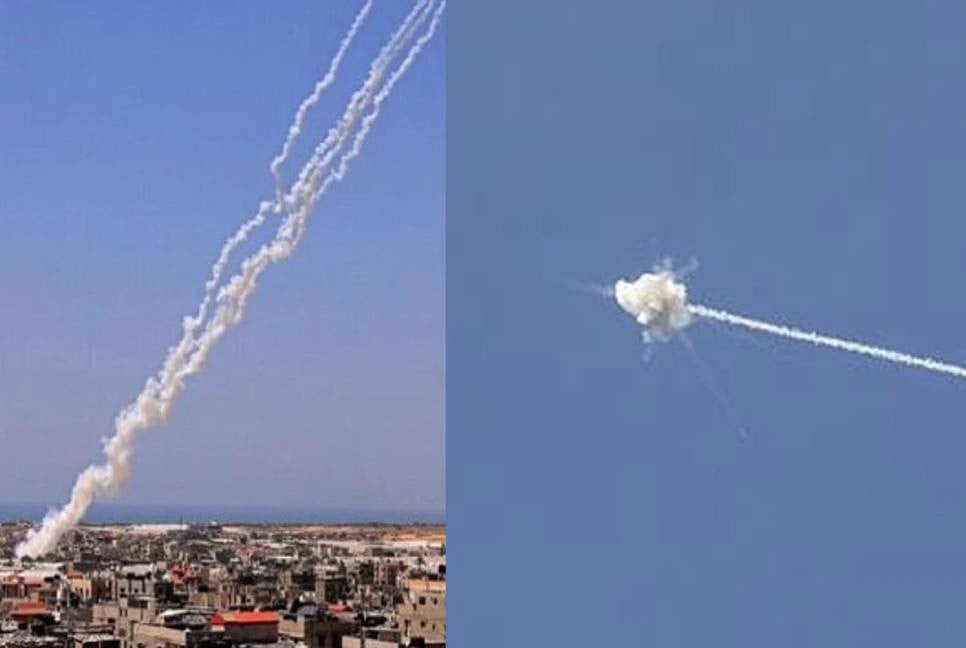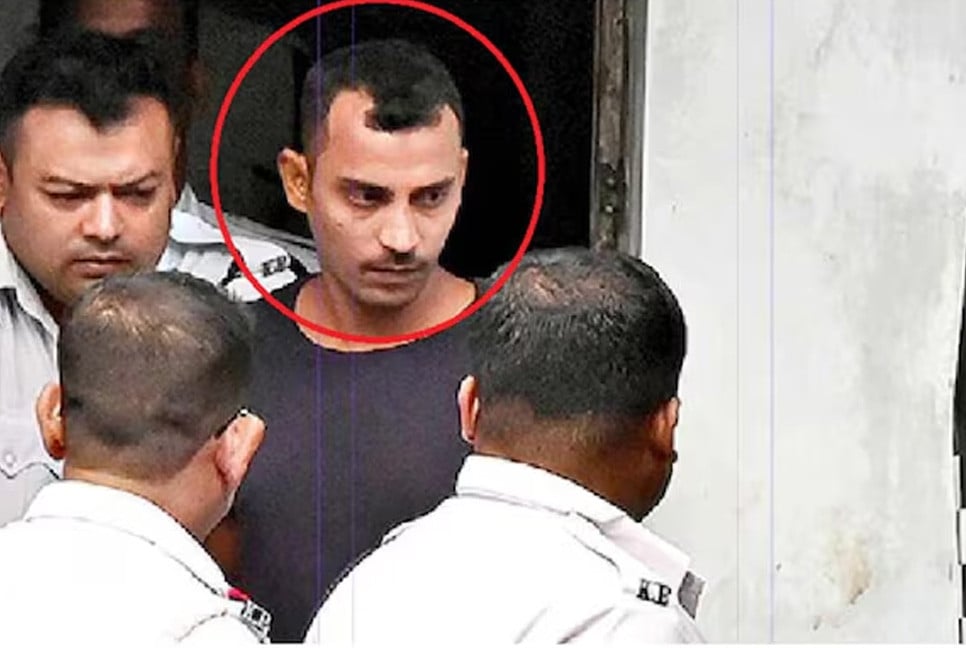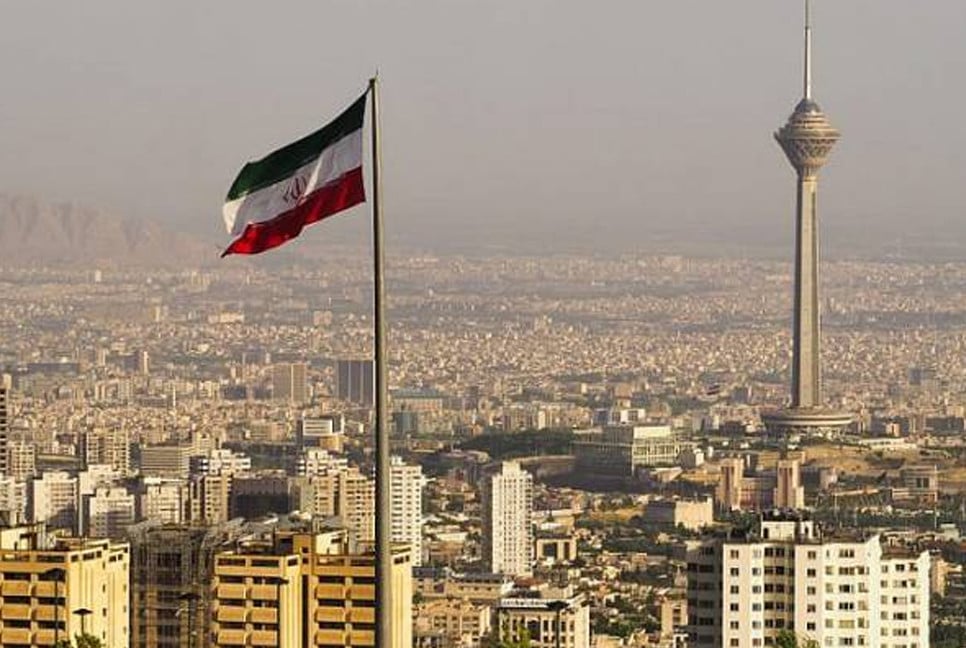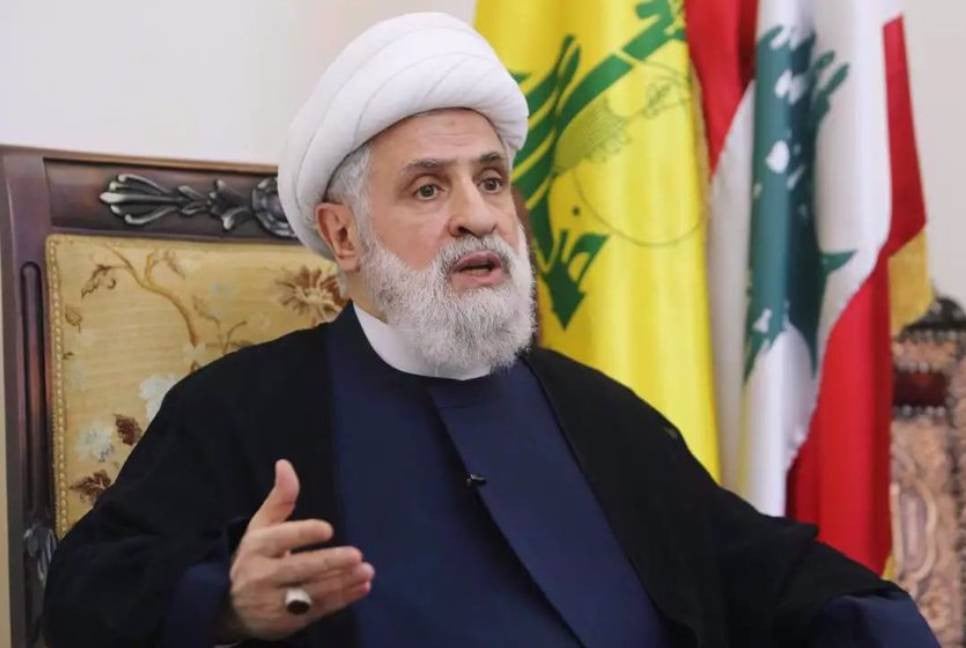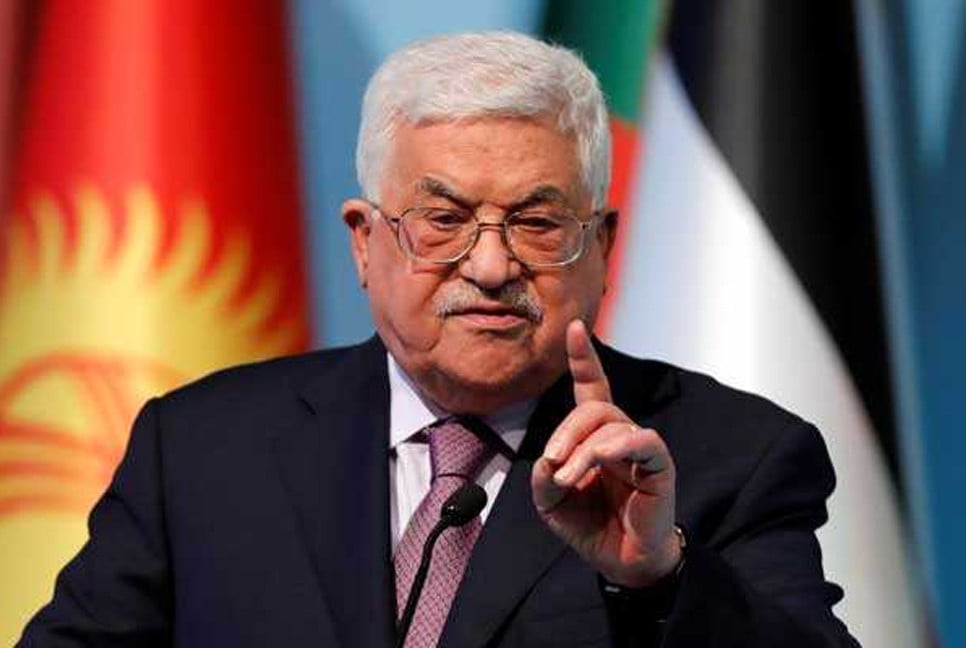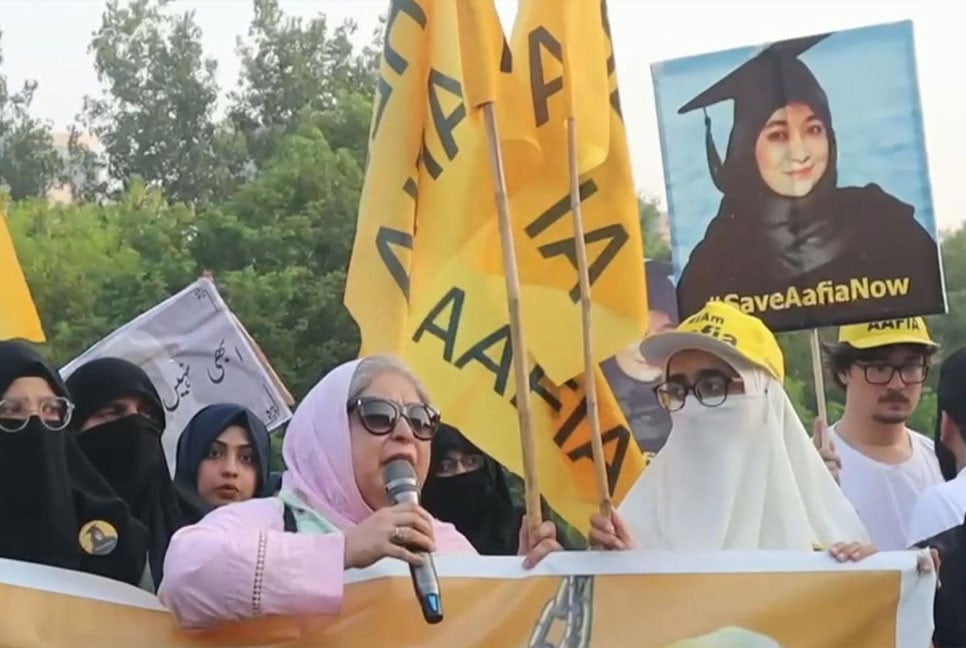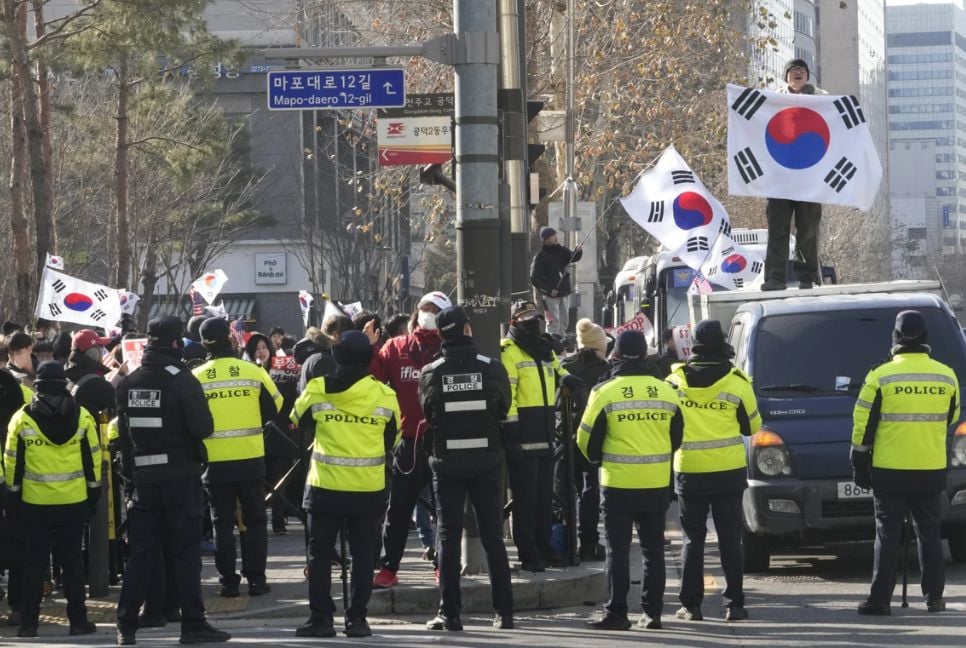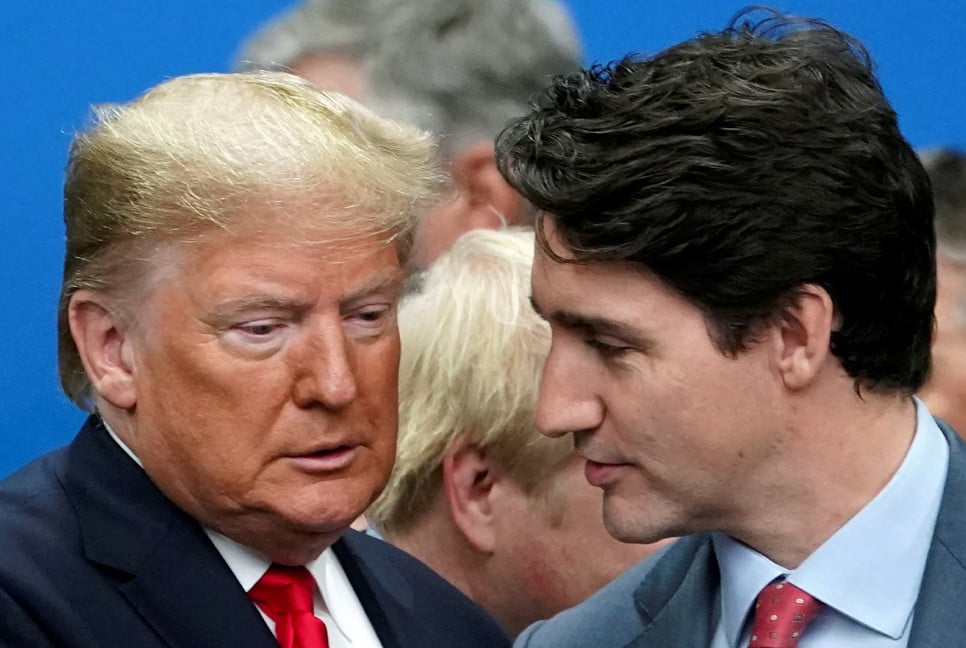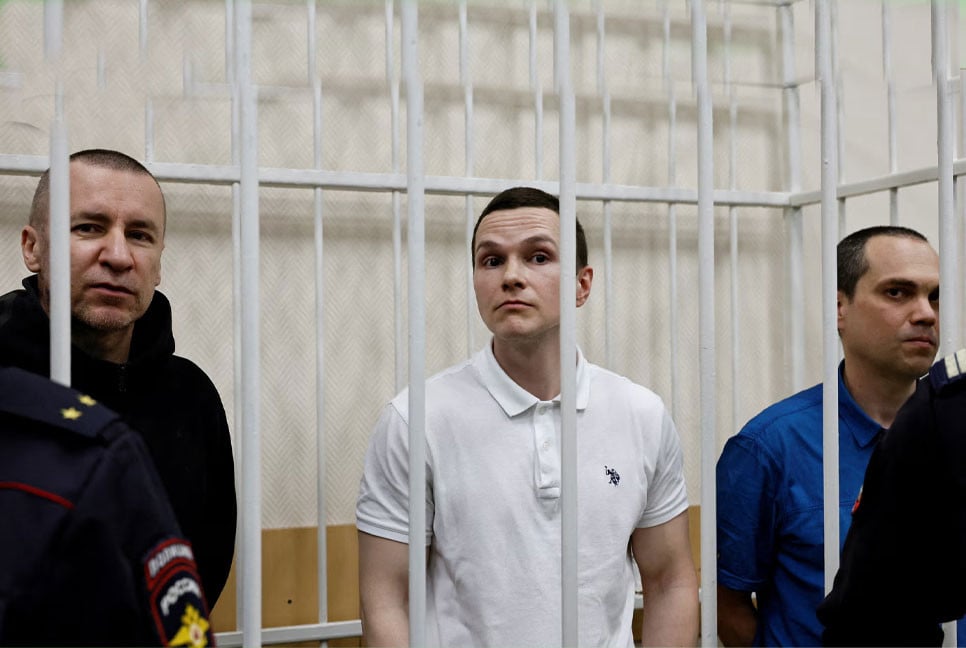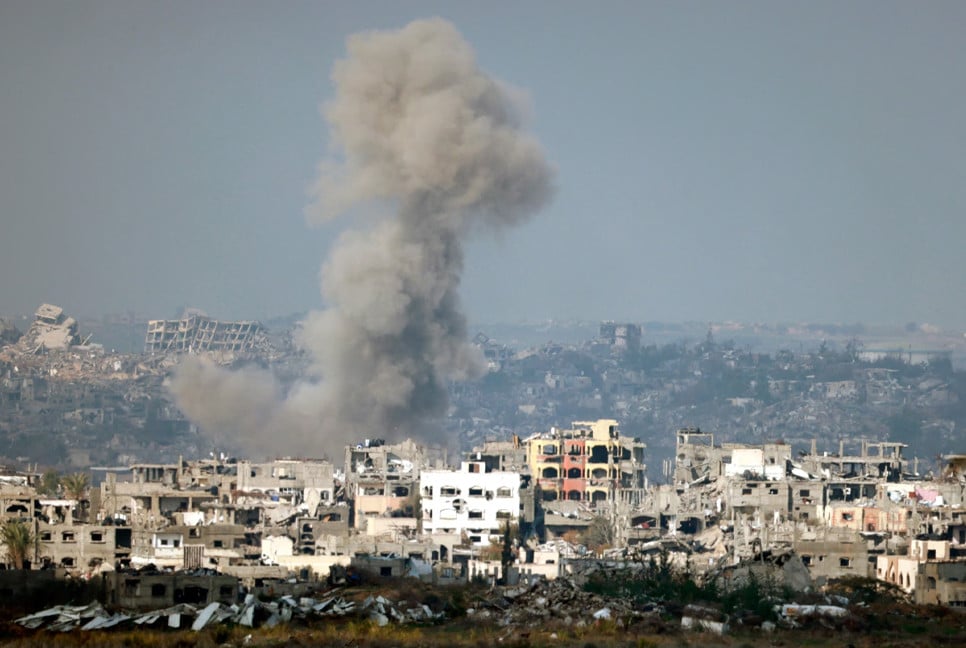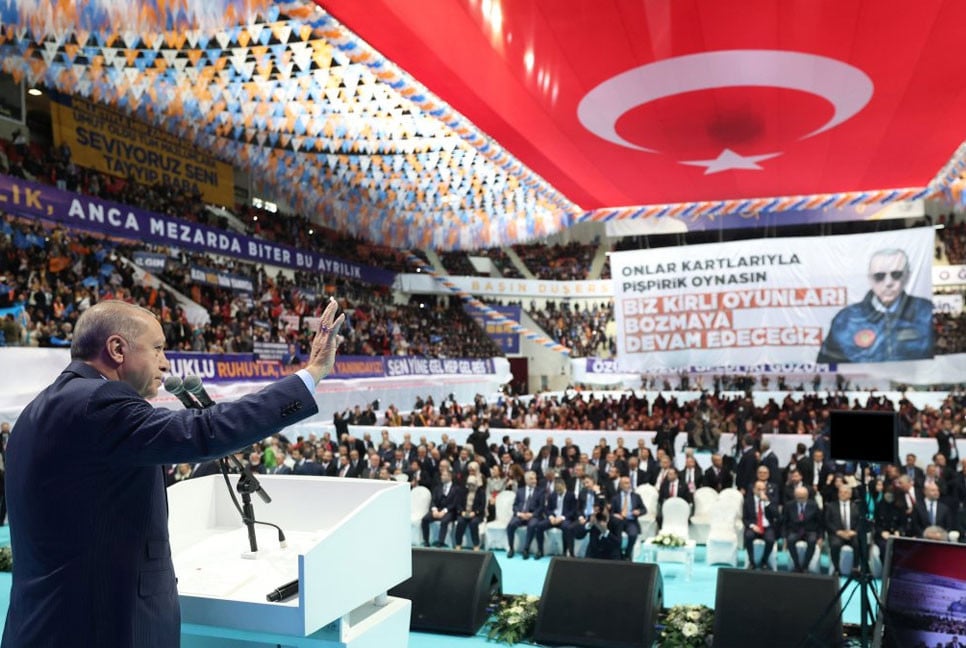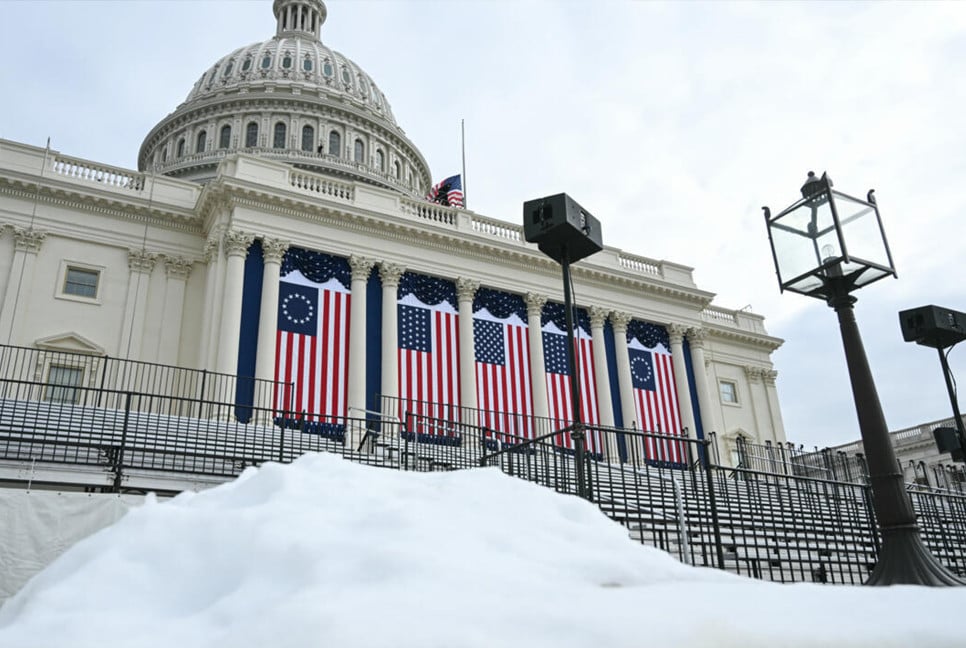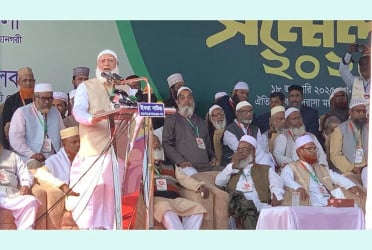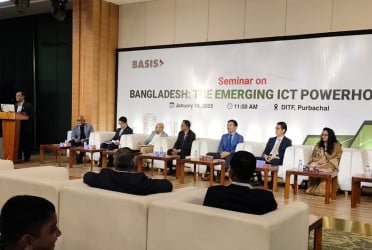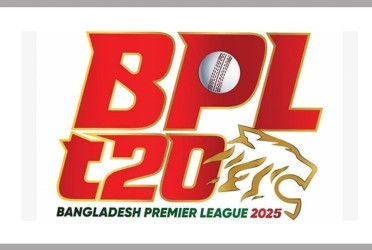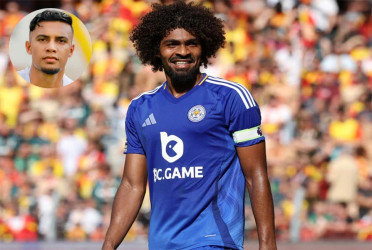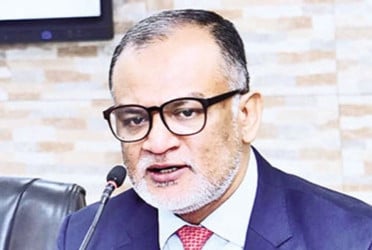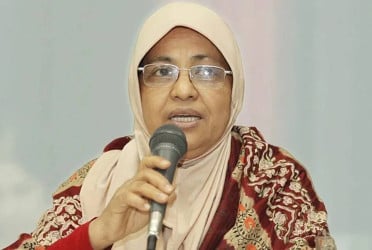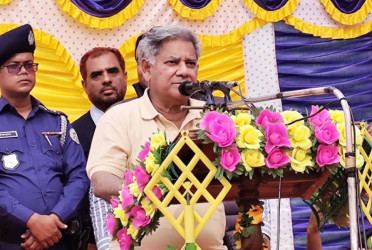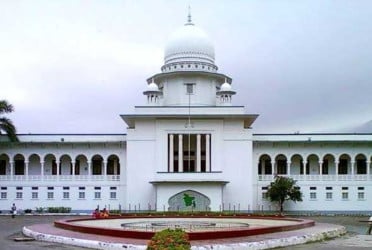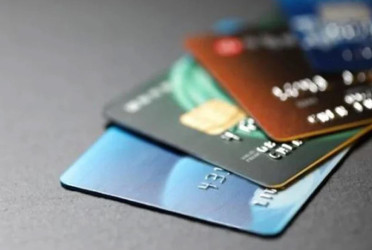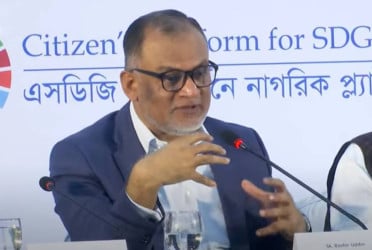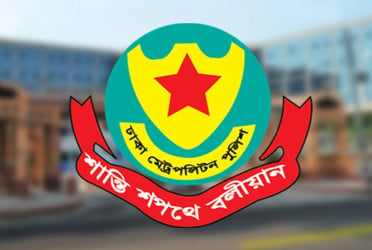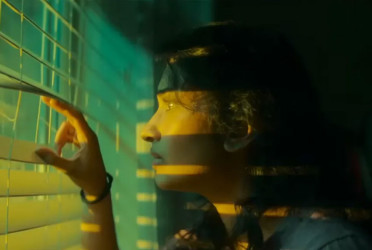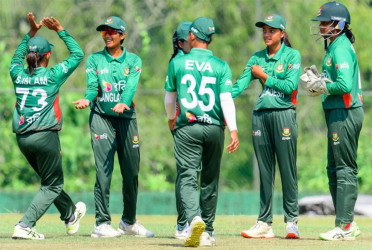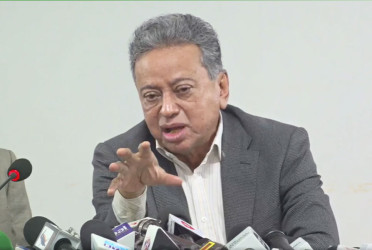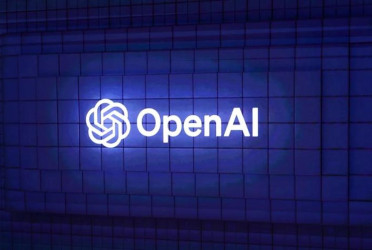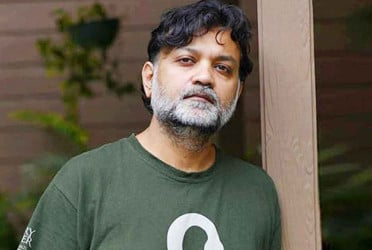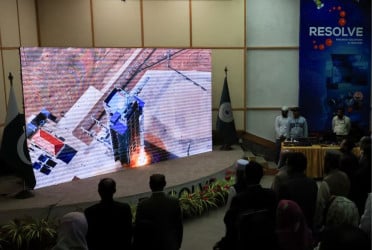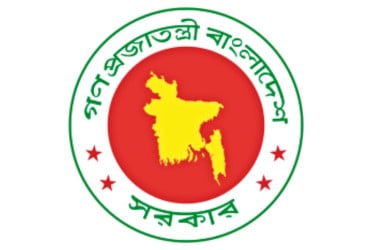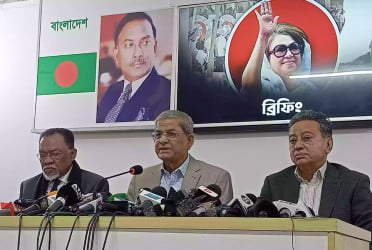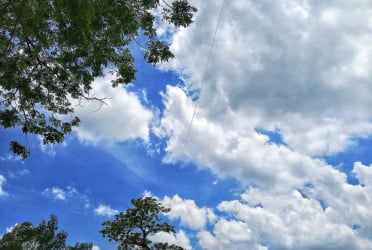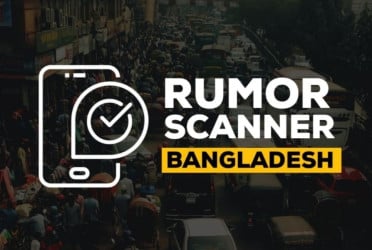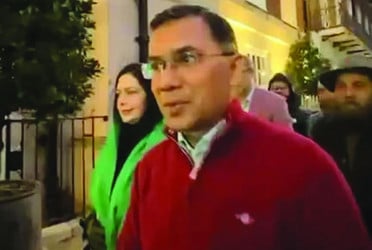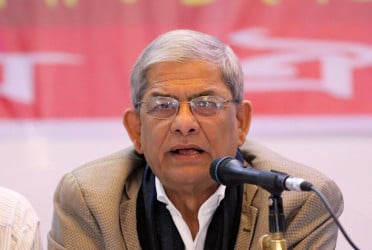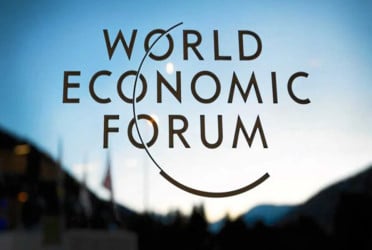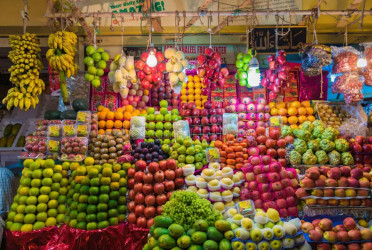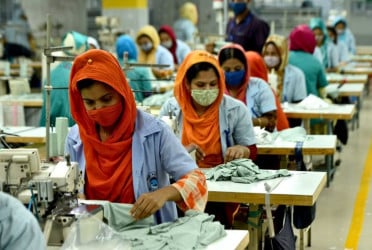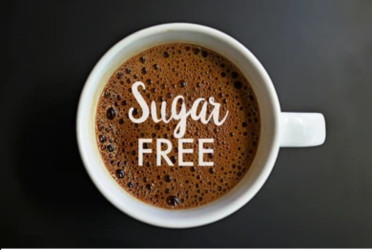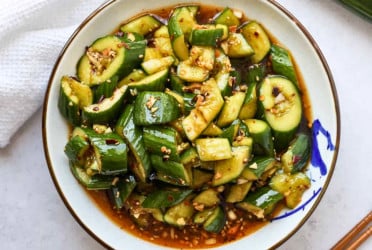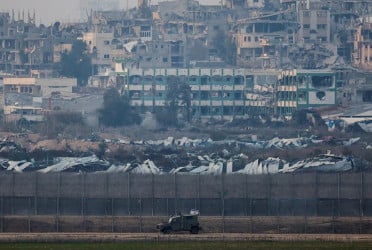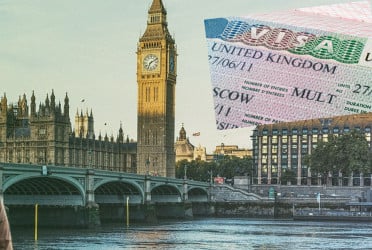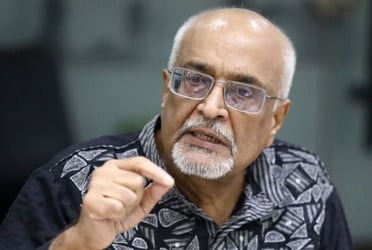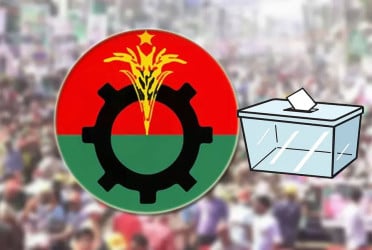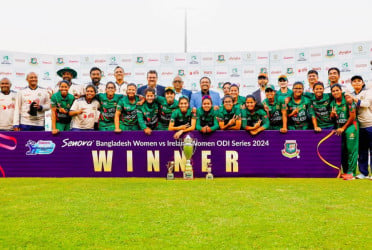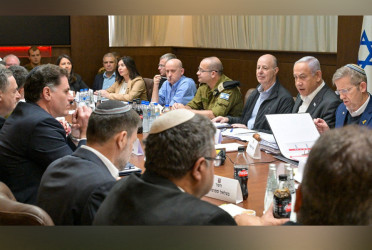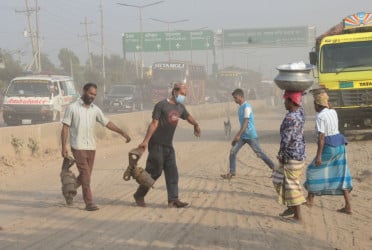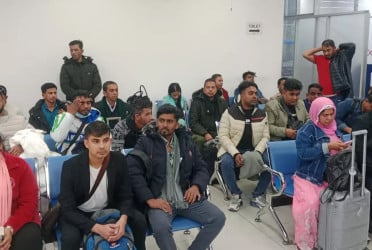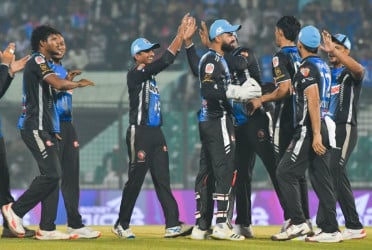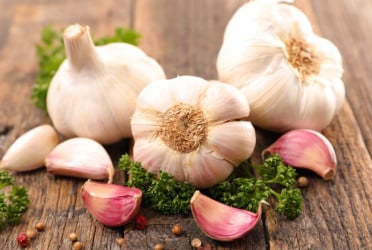On a sunny autumn day, the Hiba Express, a popular fast food chain in Holborn, a lively neighborhood in central London known for its vibrant mix of restaurants, bookstores, and shops, is bustling with diners. Above the restaurant is Palestine House, a multi-story community hub for Palestinians and their supporters, designed in the style of a traditional Arabic house with stone walls and a central courtyard featuring a fountain.
Osama Qashoo, a charismatic figure with his hair tied in a bun and a thick beard and mustache with impressive curls, manages both establishments within the six-story building.
At the Hiba Express, Osama Qashoo’s team serves a variety of Palestinian and Lebanese dishes, all crafted from his family’s traditional recipes. The interior of the eatery is adorned with warm colors, tree branches, and placards bearing slogans like “From the river to the sea.” Patrons enjoy dishes of halloumi cheese, chickpeas, and falafel as they dine. At the entrance, a doll wearing a black-and-white keffiyeh scarf sits on a table beneath a sign written in blood-colored ink: “Save the children,” a poignant reference to the thousands of Palestinian children who have been killed in Israeli attacks on Gaza over the past year.
On several tables, cherry-red soda cans are displayed, featuring the black, white, and green stripes of the Palestinian flag, along with Arabic artwork and a border inspired by the pattern of the keffiyeh. The words “Cola Gaza” are written in Arabic calligraphy, resembling the script of a well-known cola brand.
This is more than just a drink—it's a beverage with a message and a mission.
Qashoo, 43, is quick to clarify that Cola Gaza, which is made from typical cola ingredients and has a sweet and acidic taste similar to Coca-Cola, "is totally different from the formula that Coke uses." While he won't disclose how or where the recipe was developed, he confirms that he created Cola Gaza in November 2023.
Nynke Brett, 53, a Hackney resident in east London, came across Cola Gaza while attending a cultural event at Palestine House. "It’s not as fizzy as Coke. It’s smoother, easier on the palate," she explains. "And it tastes even better because you’re supporting Palestine."
Qashoo says he created Cola Gaza for several reasons, with the primary one being "to boycott companies that support and fuel the Israeli army and support the genocide" in Gaza. Another reason was "to find a guilt-free, genocide-free kind of taste. The real taste of freedom."
While this might sound like a marketing slogan, Palestinian freedom is deeply personal to Qashoo. In 2001, he co-founded the International Solidarity Movement (ISM), an organization dedicated to using nonviolent direct action to challenge and resist the Israeli occupation of Palestinian land. Qashoo explains that the ISM laid the groundwork for the Boycott, Divestment, Sanctions (BDS) movement, which was established four years later. BDS advocates for boycotting companies and products they believe contribute to Israel’s oppression of Palestinians.
In 2003, Qashoo was forced to flee Palestine after organizing peaceful protests against what he calls the “apartheid wall” in the West Bank. He sought refuge in the UK, where he pursued film studies with the goal of telling Palestinian stories through cinema. His trilogy, A Palestinian Journey, won the 2006 Al Jazeera New Horizon Award.
In 2007, Qashoo co-founded the Free Gaza Movement, which aimed to break the illegal siege on Gaza. Three years later, in 2010, he helped organize the Gaza Freedom Flotilla to deliver humanitarian aid from Turkey to Gaza by sea. During the mission, one of the flotilla’s ships, the Mavi Marmara, was attacked, resulting in the loss of Qashoo’s cameraman and filming equipment. He was arrested and tortured while detained along with nearly 700 others. His family went on a hunger strike until he was safely released.
After relocating to the UK, Qashoo continued his activism but found it difficult to sustain a living through filmmaking. He eventually turned to the restaurant business, though he never imagined he would one day become a purveyor of carbonated beverages. "I wasn’t even thinking about this," he explains, noting that the idea only came to him late last year. He also wanted to create a product that exemplified "trade not aid."
George Shaw, an analyst at GlobalData, tells Al Jazeera that 53% of consumers in the Middle East and North Africa are currently boycotting certain brands due to recent wars and conflicts.
Qashoo believes targeting the financial backbone of companies that support what he sees as genocide makes a significant impact. "When you hit them in the most important place, which is the revenue stream, it definitely makes a lot of difference and makes them think," he says. Cola Gaza, he adds, is "going to build a boycott movement" that will financially affect Coca-Cola.
Coca-Cola has been under fresh scrutiny since October 7 of last year, with its facilities in the Israeli Atarot industrial settlement in occupied East Jerusalem becoming a focal point of the boycott.
Family is another powerful motivator behind Qashoo's drive to launch Cola Gaza. He currently has no knowledge of the whereabouts of his adopted 17-year-old son, who was shot in the head in June in the West Bank. "I have family in Gaza who have been decimated," he says. "I’ve got friends, I don’t know where they are."
Despite being developed in just a year, Qashoo says the creation of Cola Gaza was a difficult and painful process. "Cola Gaza was a very hard and painful process because I’m not an expert in the drink industry," he explains. "Every potential partner was suggesting compromise: compromise the colour, compromise the font, compromise the name, compromise the flag," he recalls. "And we said ‘no, we’re not compromising on any of this’."
Designing the logo for the drink proved to be a challenge. "How do you create a brand which is quite clear and doesn’t beat around the bush?" Qashoo asks, his eyes sparkling with enthusiasm and a mischievous grin on his face. "Cola Gaza is straightforward with honest and clear messaging."
However, securing stockists for the beverage, which is produced in Poland and imported to the UK to cut costs, presented its own obstacles. "Obviously we can’t get to the big markets because of the politics behind it," Qashoo explains.
To begin, Qashoo stocked Cola Gaza in his three London restaurants, where, since its introduction in early August, 500,000 cans have been sold. The cola is also available through Muslim retailers, including Manchester-based Al Aqsa, which recently sold out, according to the store's manager, Mohammed Hussain.
Cola Gaza is also sold online, with a six-pack priced at 12 British pounds ($15). In comparison, a six-pack of Coca-Cola costs around 4.70 pounds ($6).
Qashoo confirms that all profits from the drink are being donated to help rebuild the maternity ward at al-Karama Hospital, located northwest of Gaza City.
Cola Gaza joins a growing list of brands raising awareness of Palestine and advocating for a boycott of major cola companies operating in Israel. Palestine Drinks, a Swedish company launched in February, sells an average of three to four million cans of its beverages, including a cola, each month, according to co-founder Mohamed Kiswani, who spoke to Al Jazeera. Meanwhile, Matrix Cola, founded in Jordan in 2008 as a local alternative to Coke and Pepsi, reported in January that its production had doubled in recent months. The company has capitalized on the controversy surrounding SodaStream, which operates its main factory in the Israeli-occupied West Bank. Additionally, Spiro Spathis, Egypt's oldest carbonated drinks company, saw a significant surge in sales during its "100% Made in Egypt" campaign last year.
Jeff Handmaker, an associate professor of legal sociology at Erasmus University Rotterdam in the Netherlands, explains that while consumer boycotts aim to hold companies and states accused of atrocity crimes accountable, their primary goal is to raise awareness of corporate or institutional complicity in such crimes, rather than being an end in itself. "That’s not even their objective, but rather to raise awareness, and in this regard the campaign to boycott Coke is evidently successful," Handmaker notes.
Qashoo is currently working on a new version of Cola Gaza with more fizz. In the meantime, he hopes that each sip of the drink serves as a reminder of Palestine’s ongoing struggles.
“We need to remind generations after generations of this horrible holocaust,” he says. “It’s happening and it’s been happening for 75 years.”
“It just needs to be a tiny, gentle reminder, like ‘by the way, enjoy your drink, greetings from Palestine.’”
(Source: ALJAZEERA)
BD-Pratidin English/Mazdud

